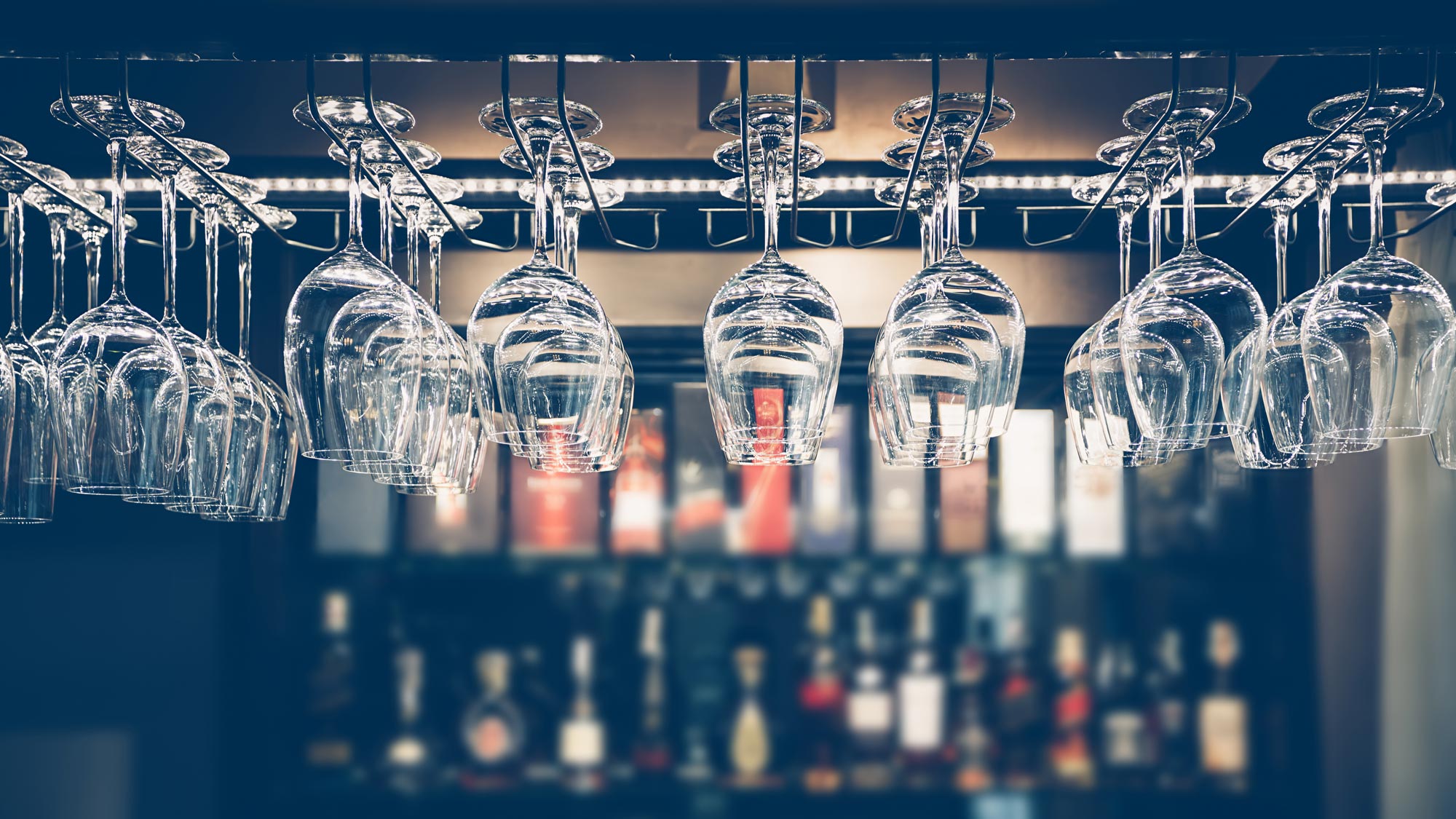Subscribe
Modernisation and reform are the cornerstones of the recent amendments to Victorian liquor laws
In October 2021, the Victorian Government passed the Liquor Control Reform Amendment Bill which made changes to the Liquor Control Reform Act 1998 (the Act). Various amendments came into force in December 2021, January 2022 and March 2022, aimed at modernising and reforming Victorian liquor laws.
Do I need a liquor licence to run my business?
There are various types of liquor licences in Victoria, and any person or other entity that supplies liquor in Victoria must hold a licence or permit.
The type of licence you need will depend on the business or event you are running. Different licences will apply for pubs, restaurants, wineries, event holders and bottle shops. There are also categories such as temporary licences and BYO permits for restaurants that do not sell alcohol to customers, but allow customers to bring their own.
Who regulates licences in Victoria?
To obtain a liquor licence, a prospective licensee must apply to the industry regulator, the Victorian Gambling and Casino Control Commission (VGCCC) (formerly known as the Victorian Commission for Gambling and Liquor Regulation (VCGLR)).
The VGCCC will retain all regulatory powers and responsibilities of the VCGLR until the Department of Justice and Community safety becomes responsible later in 2022.
What are the main aims of the amendments to the Victorian liquor laws?
The key purposes of the amendments include:
- Modernising the laws applying to the liquor and hospitality industries;
- Reforming liquor licence categories;
- Abolishing dry areas;
- Changing how decisions are reviewed by VGCCC and the Victorian Civil and Administrative Tribunal (VCAT); and
- Making other changes to reduce harm and improve the operation of the Act
What are the March 2022 changes?
On 15 March 2022, several changes came into effect.
Restaurants and cafes
Restaurants and cafes only need a single licence to be able to supply alcohol both on and off-premises. “Off-premises” refers to restaurants or cafes selling liquor in cans or bottles from the premises, provided customers buy the alcohol with take-away or take-home food.
Online alcohol orders
Changes for online liquor vendors, such as the introduction of new online-only licences and changes to allow restaurants and other venues to supply liquor for orders placed online. Online licences have different limitations and conditions.
Harm minimisation and advertising prohibitions
The VGCCC now has the power to ban any advertising or promotions that are not in the public interest. This includes liquor ads and promotions that encourage anti-social behaviour and are likely to appeal to minors. This change is aimed at reducing the risk of harm associated with online supply of alcohol.
What are the other recent changes?
The first two tranches of changes in December and January included:
- Applications for packaged liquor licences may be advertised in online (not just print) newspapers
- Holders of general, late night, on-premises licences who provide accommodation on the licensed premises are no longer required to keep resident registers in an approved form
- Applications for licences in dry areas of Whitehorse and Boroondara are no longer subject to dry-area polls
- Producer’s licences have been expanded to include more products like sake and mead; not just wine, beer, cider or spirits
- Owners and mortgagees of licensed premises can apply to cancel or surrender a licence/permit if the licensee has been evicted, had their lease terminated or has abandoned the premises
How does Covid-19 impact the changes to Victorian liquor laws?
As an individual or businesses that sells liquor, you must keep up to date with the Covid-19 orders and rules that remain in force and may apply to you. For example:
- The Pandemic (Open Premises) Order 2022: This is about vaccinations and other risk mitigation measures.
- Record Keeping and COVID-Safe plans: This is about ensuring that you have a COVID-safe plan in place and keep a record of patrons using QR codes.
The final word
You should ensure that you are aware of the Guidelines which are updated from time to time. They are there to help you. However, many of these changes have various practical implications. For example, you may need to apply for a new licence or vary your existing licence, make various changes to your website and review your promotional materials.
We can assist you to comply with these new legal requirements and work to mitigate any risks to you and your business.
Keep an eye out for our next update on changes that will come into effect in Victoria in mid to late 2022.
Contact us for more information about the changes to Victorian liquor laws.
By Milly Berry
Lawyer, Commercial & Property
Subscribe




